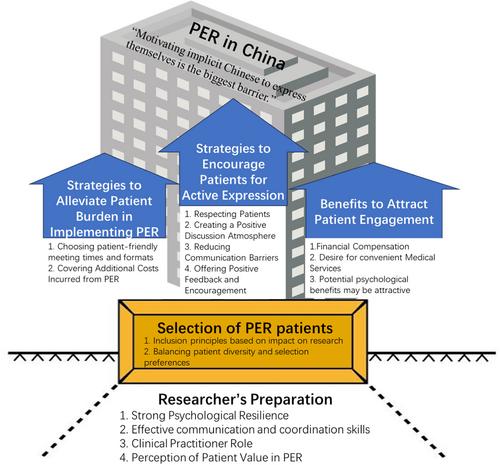‘Motivating Implicit Chinese to Express Themselves Is the Biggest Barrier’: A Qualitative Study of Chinese Researchers' Perceptions of Barriers and Facilitators to Patient Engagement in Research
Abstract
Background
Patient Engagement in Research (PER) has demonstrated benefits for patients, researchers and research outcomes. However, China lacks substantial experience in implementing PER. The implementation of PER in China faces unique challenges due to social-cultural differences. This study explores the perspectives of Chinese researchers to identify barriers and facilitators, aiming to guide future PER initiatives and enhance the role of patients in research.
Method
Purposive sampling was employed to recruit clinical researchers with diverse healthcare backgrounds in China. Semi-structured interviews, conducted by a qualified researcher, followed interview guidelines derived from a literature review and pilot study modifications. Thematic analysis was applied using QSR Nvivo 8.0.
Results
A total of 13 participants were included. Five main themes were identified from interview: (1) selection of patients for research engagement, (2) strategies to alleviate the patient burden in implementing PER, (3) strategies to encourage patients for active expression, (4) benefits to attract patient engagement and (5) researcher's preparation.
Conclusion
The cultural trait of ‘reservedness’ in Chinese culture hinders active expression by patients in the research engagement process. Researchers tend to recruit patients with specific characteristics and emphasize the importance of aligning benefits with patient values to motivate engagement. Addressing patient burden is crucial, and researchers should be well-prepared before PER. These findings underscore the necessity of adopting culturally adapted strategies in PER to effectively address specific challenges.
Patient or Public Contribution
The public participated in the interpretation of the interview results, enriching our understanding of the results.


 求助内容:
求助内容: 应助结果提醒方式:
应助结果提醒方式:


